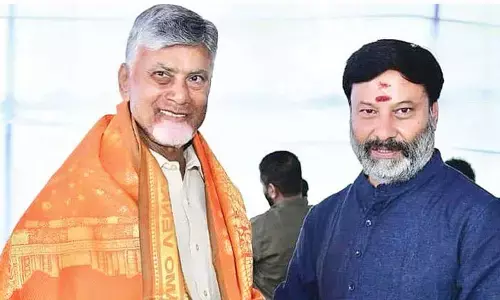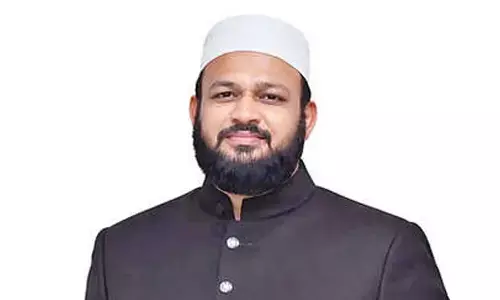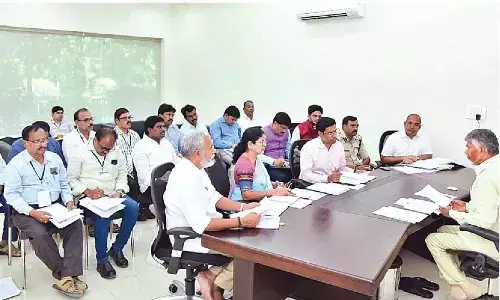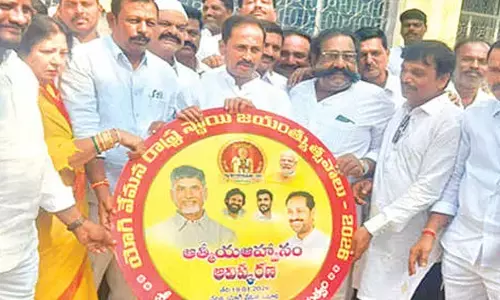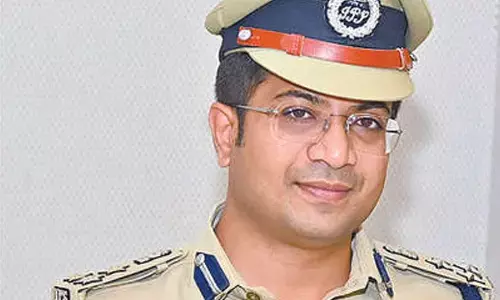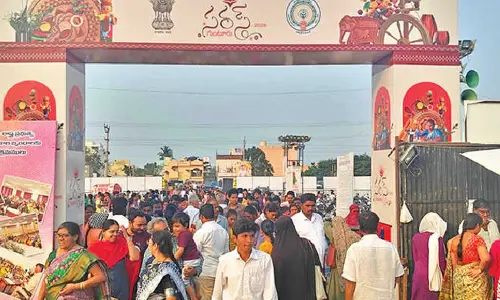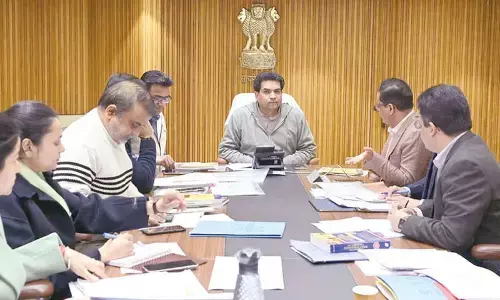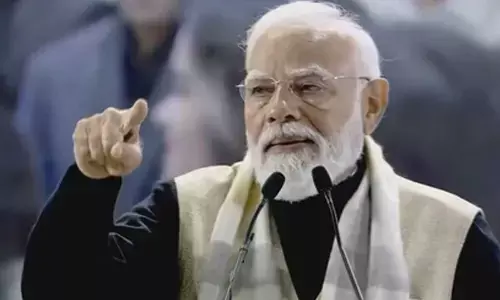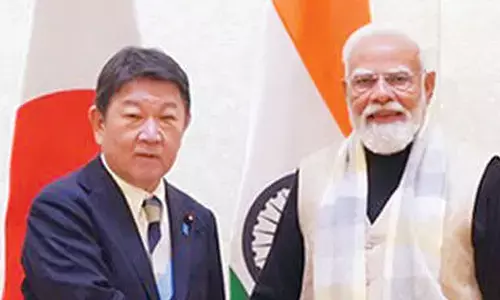Lucknow pact
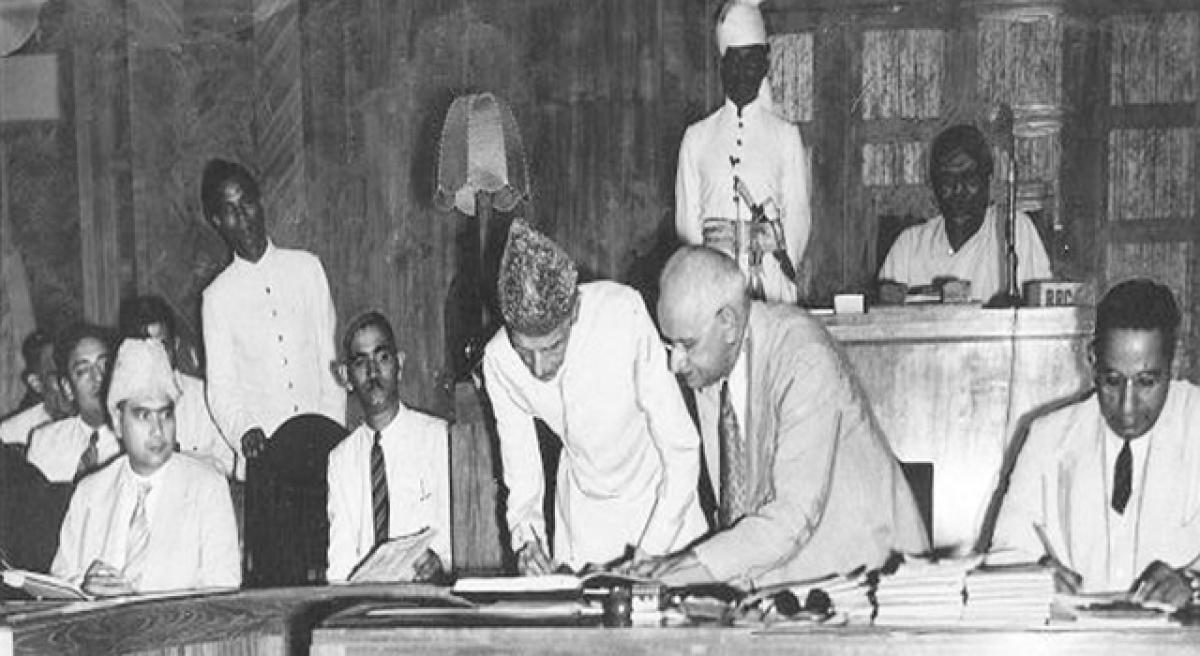
Lucknow Pact refers to an agreement reached between the Indian National Congress and the Muslim League at the joint session of both the parties, held in Lucknow, in 1916.
Lucknow Pact refers to an agreement reached between the Indian National Congress and the Muslim League at the joint session of both the parties, held in Lucknow, in 1916.
Muhammad Ali Jinnah, then a member of the Congress as well as the League, made both the parties reach an agreement to pressure the British government to adopt a more liberal approach to India and give Indians more authority to run their country, besides safeguarding basic Muslim demands.
After the unpopular partition of Bengal, Jinnah approached the League to make it more popular among the Muslims. Due to the reconciliation brought about by Jinnah between the Congress and the League, the Nightingale of India, Sarojini Naidu, gave him the title of “Ambassador of Hindu-Muslim Unity”.
The Lucknow Pact also established cordial relations between the two prominent groups of the Indian National Congress – Extremist group led by Bal GangadharTilak (who came back from Jail after 6 years), and the moderates.
Reasons for the pact:When the All-India Muslim League came into existence, it was a moderate organization with its basic aim to establish friendly relations with the British Crown. However, due to the decision of the British government to annul the partition of Bengal, the Muslim leadership decided to change its stance.
In 1913, a new group of Muslim leaders entered the fold of the Muslim League with a much different view than their predecessors.The indifferent policy of England towards the Caliph of Turkey made the Muslims hostile to the British as Caliph was regarded as the religious head of Muslims all over world.
At the close of the war, Lord Chelmsford had invited suggestions from the Indians for post World War I reforms. So naturally Muslim league which was on the sidelines of the country politics by that time would like to come ahead to get a better share in the expected giveaways of reforms.
Muslim League and Congress:In December 1915, the extremists under Tilak and moderates under Gokhle met at Bombay where Muslim league joined them to draft a set of minimum constitutional demands through mutual consultations, thus giving an idea of illusionary Hindu Muslim Unity.
The principal leaders of the two political parties assembled at one place for the first time. The speeches made from the platform of the two groups were similar in tone and theme. Within a few months of the Bombay meetings, 19 Muslim and Hindu elected members of the Imperial Legislative Council addressed a memorandum to the Viceroy on the subject of reforms in October 1916.
Their suggestions were discussed, amended and accepted at a subsequent meeting of the Congress and Muslim League leaders at Calcutta in November 1916.The agreement was confirmed by the annual sessions of the Congress and the League in their annual sessions held at Lucknow on December 29 and December 31, 1916 respectively. Sarojini Naidu gave Jinnah, the chief architect of the Lucknow Pact, the title of “the Ambassador of Hindu-Muslim Unity”.
So, for the first time in history, Muslim League and Indian National Congress worked together to present a set of demands to British which came to be known as the Lucknow Pact. Primary Features:There shall be self-government in India. The India Council must be abolished.
The salaries of the Secretary of State for Indian Affairs should be paid by the British government and not from Indian funds. The executive should be separated from the judiciary. Muslims should be given 1/3 representation in Central Govt.
There should be separate electorates for all communities until they ask for joint electorate. A system of weightage to minority political representation (giving minorities more representation in the government than proportional to their share of the population) should be adopted. The number of the members of Central Legis006Cative Council should be increased to 150.
Term of Legislative Council should be 5 years. Members of Legislative Council should themselves elect their president. Half of the members of Imperial Legislative Council must be Indians. At the provincial level, four-fifth of the members of the Legislative Councils should be elected and one-fifth should be nominated.
The number of Muslims in the provincial legislatures should be laid down province by province. All members, except those nominated, should be elected directly on the basis of adult franchise.
Muslim League and Congress agreed to separate electorate which effectively meant congress formally reorganized communal political and tacitly giving recognition that India consisted of different communities with separate interest of their own that finally resulted partition of India in 1947. In the imperial legislative council, Muslim representation was slated to be 1/3rd, although their population was not 1/3rd.
The weightage to Muslim minority was recognized, the result was the way open to the future resurgence of communalism in Indian politics. Muslim member’s strength in legislature was laid down province by province, thus one of the most dangerous pacifist policies of congress not only recognized communal representation but also recognized communal privileges.
Any legislature could not work if 3/4th member of any religion opposed it, its consequence was introduction of communal veto in legislature. Till Lucknow pact, Muslim League was nowhere in the national politics. By making this pact, the Congress “recognized” that Muslim League is a political party that represents the Muslims of India.
This is historically considered a mistake. INC leaders though were sacrificing their seat in the legislature yet, failed to understand its logical implications and partition in the offing.



